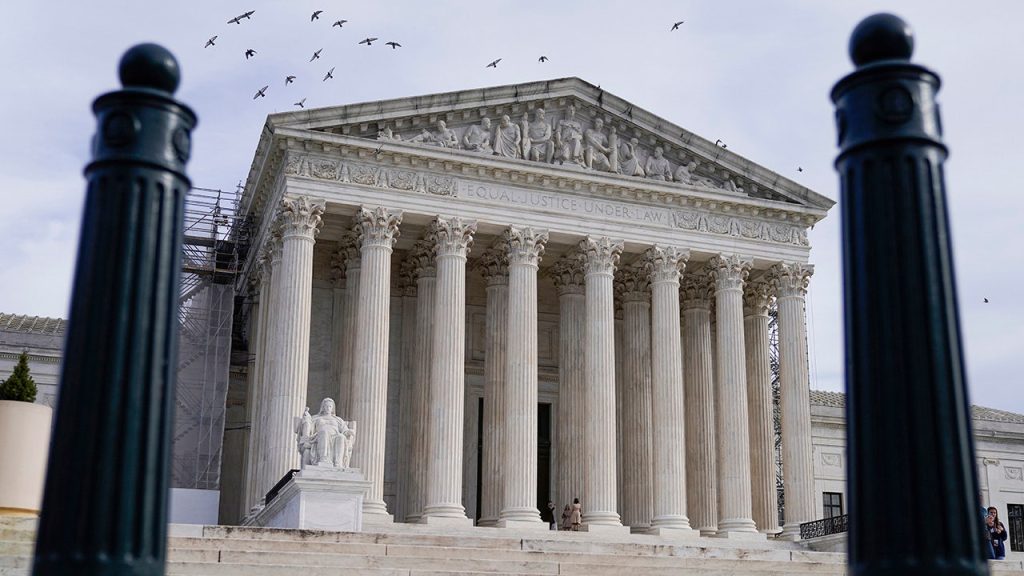In a 6-3 decision, the Supreme Court reversed a lower court’s ruling that a South Carolina redistricting map was unconstitutional, disagreeing with the idea that it was racially discriminatory. Justice Samuel Alito wrote the opinion, stating that in order to prove that a legislature was motivated by race rather than partisanship, there must be a distinction made between race and politics. The court also said that there is a presumption that legislatures act in good faith when redistricting efforts are assessed.
The case in question dealt with South Carolina’s redistricting efforts following the 2020 census. The Supreme Court criticized the three-judge District Court for only paying “lip service” to the idea of disentangling race and politics in order to prove racial motivation in redistricting. The decision stated that the District Court’s findings of fact were “clearly erroneous” under the appropriate legal standard. Justice Alito accused the lower court of having a “misguided approach” when analyzing the case.
The ruling by the Supreme Court marks a significant decision in the realm of redistricting and racial discrimination in voting rights cases. By emphasizing the need to differentiate between race and politics when assessing legislative motives, the court has set a precedent for future cases involving similar issues. The decision highlights the importance of proving that race, rather than partisanship, was the driving force behind potentially discriminatory redistricting efforts.
This development in the South Carolina redistricting case raises questions about the intersection of race, politics, and the legal standards used to evaluate redistricting maps. The Supreme Court’s decision may have far-reaching implications for future cases involving challenges to redistricting efforts on the basis of racial discrimination. The emphasis on proving legislative motivation in good faith, rather than automatically assuming racial discrimination, could have a significant impact on how such cases are argued and decided in the future.
As this story continues to develop, it will be important to keep an eye on how the ruling in the South Carolina redistricting case influences similar cases across the country. The Supreme Court’s decision to reverse the lower court’s ruling based on the need to differentiate between race and politics sets a clear precedent for future cases involving redistricting and racial discrimination. Legal experts and advocates will likely be closely watching how this decision shapes the landscape of voting rights and redistricting litigation in the years to come.
Overall, the Supreme Court’s ruling in the South Carolina redistricting case highlights the complexities and challenges involved in addressing issues of racial discrimination in redistricting efforts. By emphasizing the importance of proving legislative intent in good faith, rather than automatically assuming racial discrimination, the court has set a high bar for those seeking to challenge redistricting maps on the basis of race. This decision serves as a reminder of the delicate balance between race and politics in the realm of redistricting, and the need for clear and compelling evidence when alleging racial discrimination in legislative efforts.


